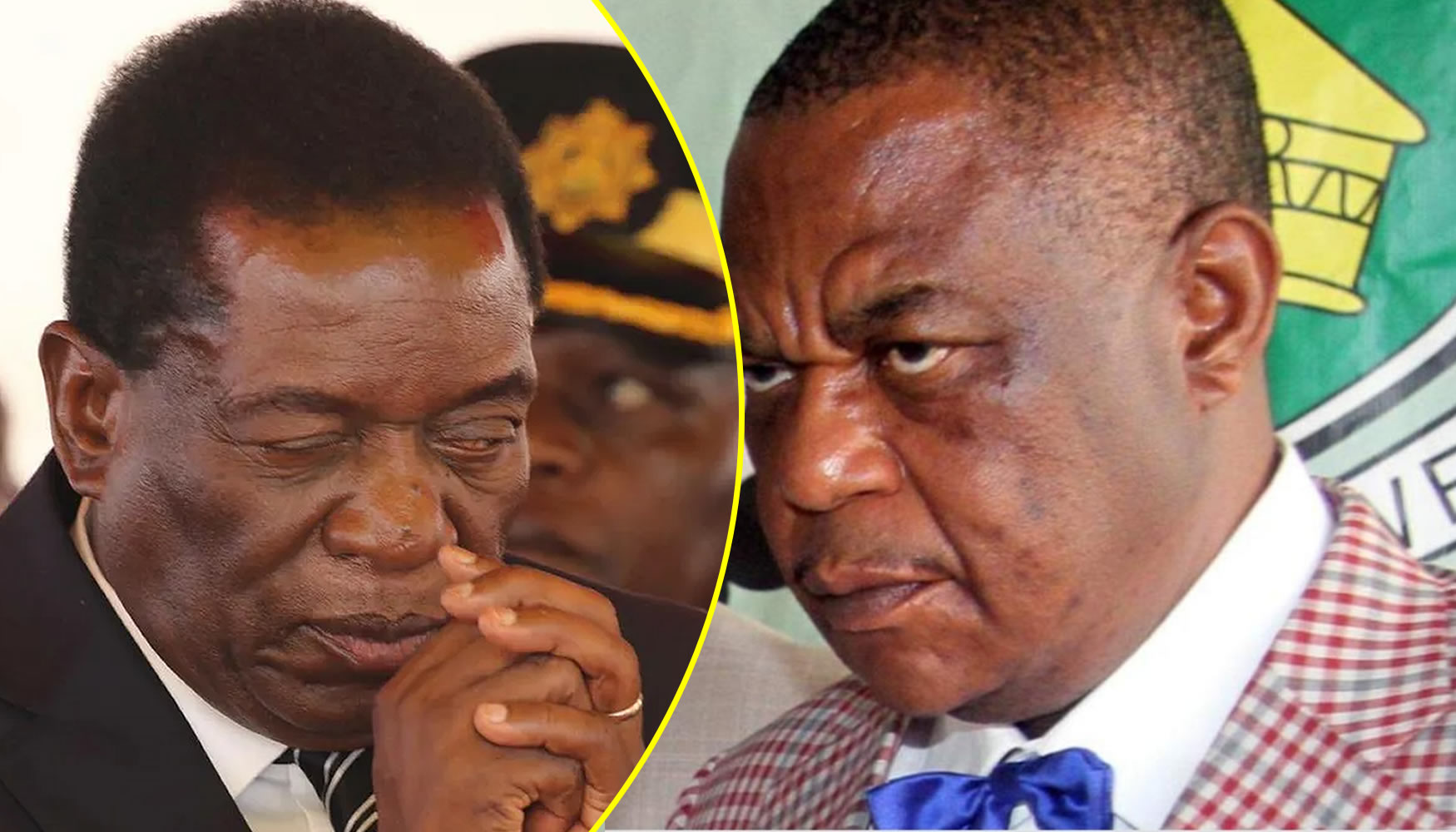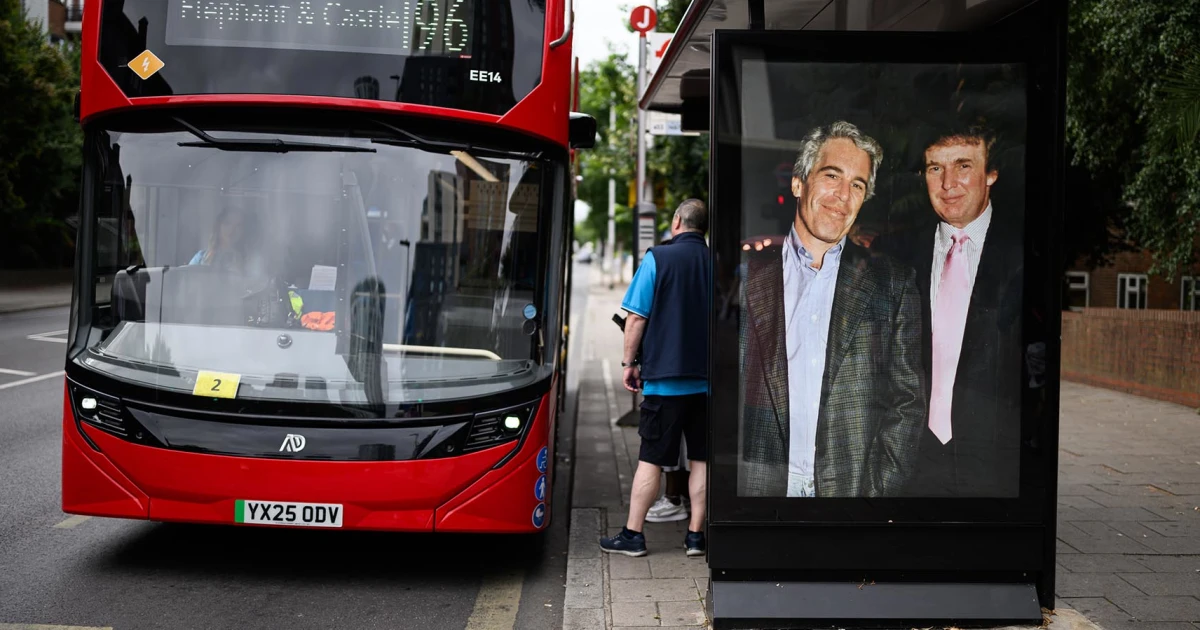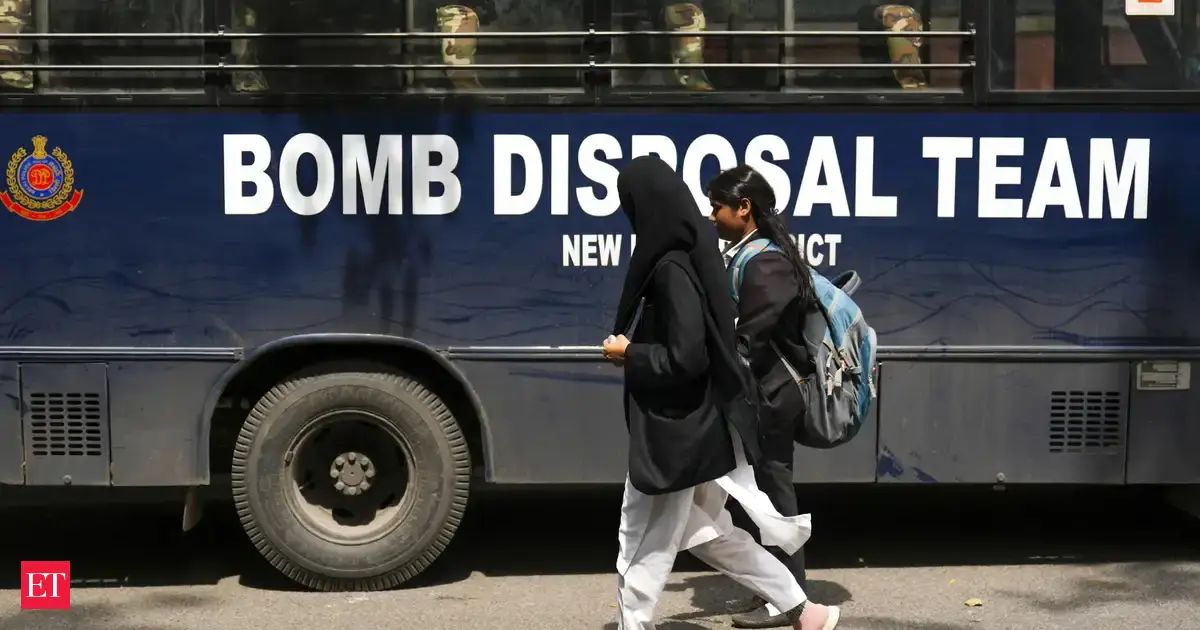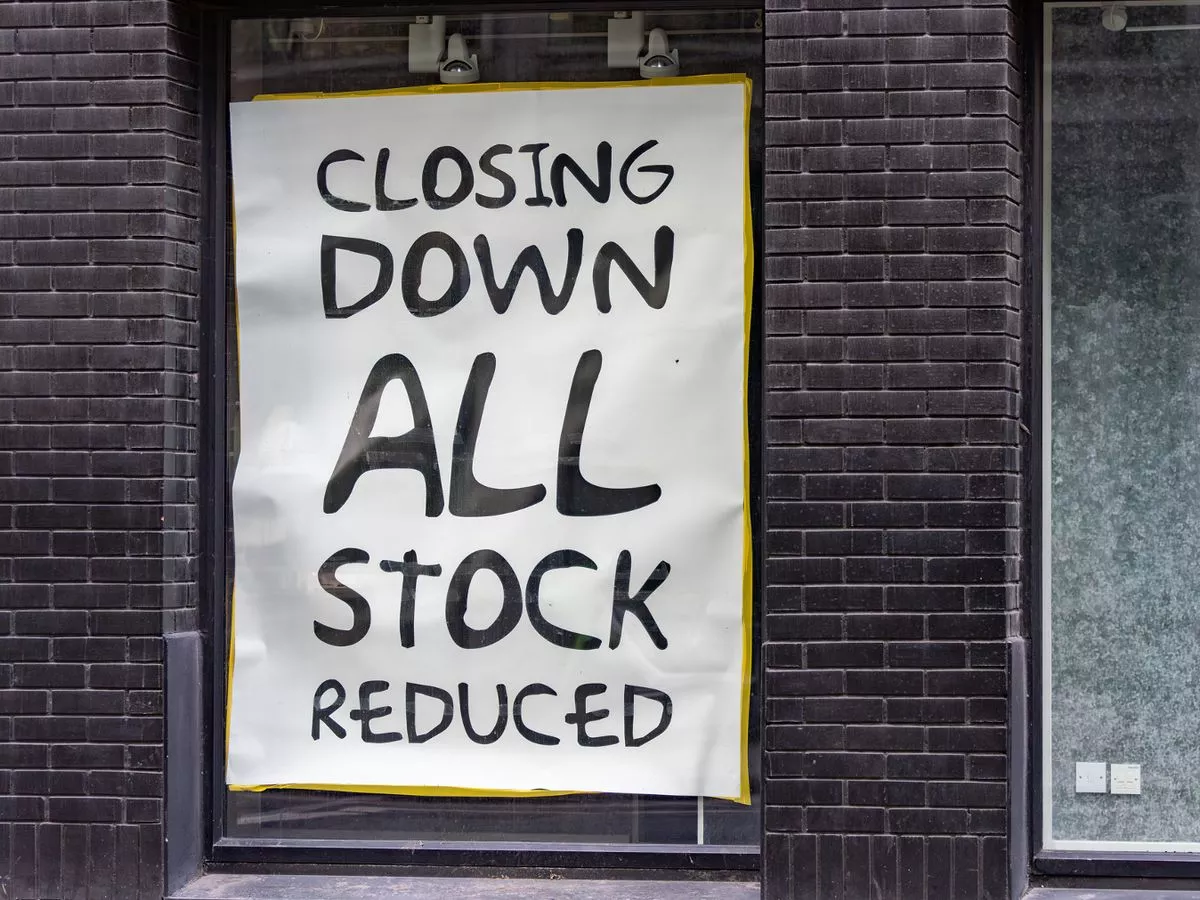Poison, Coup Whispers & Cartels: President Mnangagwa VS General Chiwenga’s fight turns deadly
By Tanya Mugabe
Copyright myzimbabwe

Zimbabwe’s political landscape is once again marred by intrigue, with allegations of poisoning, coup plots, and intense factional infighting dominating the headlines. At the heart of this turmoil are President Emmerson Mnangagwa and his deputy, General Constantino Chiwenga, whose long-simmering rivalry has spilled into the public domain, leaving the ruling Zanu-PF party on edge and the nation watching with bated breath.
The Poison Plot Allegations
For months, rumours of mysterious deaths among senior security officials and alleged purges aimed at weakening General Chiwenga’s military base have fuelled speculation about a power struggle within the highest echelons of the Zimbabwean state.
The most sensational of these allegations centres on General Anselem Sanyatwe, the former Head of the Defence Forces and current Sports Minister. It is claimed that he was the victim of a poisoning plot orchestrated by Kudakwashe “Queen Bee” Tagwirei, a petroleum tycoon and close ally of President Mnangagwa.
Social media posts allege that Sanyatwe was injected with a toxic substance at a public event in Nyanga before being urgently flown to India for medical treatment. However, neither Sanyatwe nor his office has confirmed these claims.
Instead, sources close to the Sports Minister insist that his trip abroad was for ongoing medical care. One insider stated: “He has been unwell for some time. His deployment back from Tanzania and later his removal from the army were linked to his health… When he became Sports Minister, his condition worsened. He spent two months in India for treatment… The rumours that he was poisoned in Nyanga are not true.”
The source added that it was “sad to see his health being used for cheap politicking.” However, in Zimbabwean politics, perception often outweighs facts. Poison stories have long been a part of the political playbook, serving to terrify, discredit, and fracture alliances.
For General Chiwenga’s camp, the Sanyatwe narrative paints President Mnangagwa’s inner circle as ruthless power-seekers. Conversely, Mnangagwa’s loyalists view it as a manufactured smear designed to sow discord between the President and the military.
Tagwirei’s Rise and the Zanu-PF Succession Battle
The rumours also target Kudakwashe Tagwirei himself. Long considered President Mnangagwa’s financier, Tagwirei was formally inducted into the Zanu-PF Central Committee in August 2025, solidifying his transition from a behind-the-scenes figure to an open political player.
This sudden rise has unsettled Zanu-PF’s war veterans and the military elite, who view Tagwirei as a civilian outsider with money but lacking liberation credentials. They fear that Mnangagwa could be grooming him as a successor or, at the very least, a kingmaker. For General Chiwenga, who has long believed the presidency is his birthright, Tagwirei’s ascent poses a direct challenge.
Against this backdrop, the poisoning allegations serve a purpose. They are less about proving what happened to General Sanyatwe and more about portraying Tagwirei and President Mnangagwa as untrustworthy usurpers willing to turn on allies to secure power.
The Role of “Bombshell” Geza
Adding fuel to the fire is Blessed Runesu Geza, also known as “Bombshell” Geza. A war veteran turned YouTuber, Geza has reinvented himself as a digital provocateur. He openly backs General Chiwenga while branding President Mnangagwa as corrupt, illegitimate, and destined to be toppled by a coup.
While some see him as a brave whistleblower, others view him as a reckless agitator. Nevertheless, his influence is undeniable. His talk of “carnage” in the security forces has resonated with Zimbabweans long convinced that power is decided not at the ballot box but in the barracks.
The Car Donation Controversy
Adding to the controversy, Kudakwashe Tagwirei recently spent over US$21 million on vehicles for Zanu-PF’s central committee members. This has reignited uproar over his alleged capture of the ruling party and deepened internal divisions over the succession issue.
Tagwirei reportedly ordered 300 brand new vehicles for the central committee, with plans for further donations to other party structures.
While an earlier attempt to make the donation was blocked by senior Zanu-PF figures, including General Chiwenga and secretary general Obert Mpofu, a compromise was eventually reached: the vehicles will be registered as Zanu-PF assets, giving Mpofu the authority to recall them should disputes arise.
President Mnangagwa presided over a ceremony at the party’s Harare headquarters, handing over the first 30 vehicles to selected beneficiaries. The remaining vehicles will be distributed in phases, starting with the central committee and extending to deputy secretaries, politburo members, provincial leaders, and District Coordinating Committee (DCC) members.
Chiwenga’s Accusations and Widening Rifts
The extravagance comes just days after General Chiwenga tabled a dossier at a stormy politburo meeting, accusing Tagwirei of siphoning billions from party coffers and recycling the funds into patronage schemes to buy loyalty and entrench his reported presidential ambitions.
This confrontation has widened rifts within Zanu-PF, where speculation is rife about who will succeed President Mnangagwa. While Chiwenga was long assumed to be the heir apparent, many in the party believe Tagwirei is quietly positioning himself as Mnangagwa’s preferred successor.
Tagwirei’s Sanctions and Business Empire
Tagwirei is currently under United States and United Kingdom sanctions for alleged corruption, illicit gold dealings, and what Washington describes as “state capture by an elite network around the president.” Despite these sanctions, his business empire remains deeply entrenched in fuel, mining, banking, and agriculture, consistently winning multi-billion-dollar state contracts.
Opposition Condemnation
Opposition and civil society voices have condemned the car donations as obscene in a country battling economic collapse, food shortages, and decaying public services.
Former finance minister Tendai Biti stated: “They are tearing to smithereens any pretense of decency, legality or ethics. They have reduced the liberation movement into a commodity – one so cheap and gullible that criminals with an unquenchable desire for power have captured the state… We are at a crossroads. It’s time to say NO.”
The Zanu-PF Annual Conference
The controversy comes ahead of Zanu-PF’s annual conference in Mutare from October 13 to 18, where divisions over succession and the push to extend President Mnangagwa’s term are expected to dominate.
Tagwirei’s shadow will loom large over the gathering – the shiny vehicles outside the conference venue making a statement about not only his growing influence but also acting as symbols of the party’s deepening crisis.
A Precarious Future
Zimbabwe has walked this road before. Poison allegations, coup whispers, factional purges – these are the recurring features of its politics. But with President Mnangagwa now 83, the stakes are higher than ever. Succession is no longer a theoretical issue.
As one Harare-based analyst observed: “Poisoning rumours are not about evidence… They are about perception. And in Zimbabwean succession politics, perception is power.”
Each whisper erodes trust, each online rant widens the rift, and each allegation feeds paranoia in the barracks and boardrooms alike. This is how factional battles metastasise into national crises.
The Mnangagwa–Chiwenga rivalry will undoubtedly shape Zimbabwe’s next chapter. History suggests that Zimbabwe’s succession fights rarely end quietly. The poison stories and coup whispers are not mere gossip; they are early warning signs of a potentially turbulent future for the nation.



